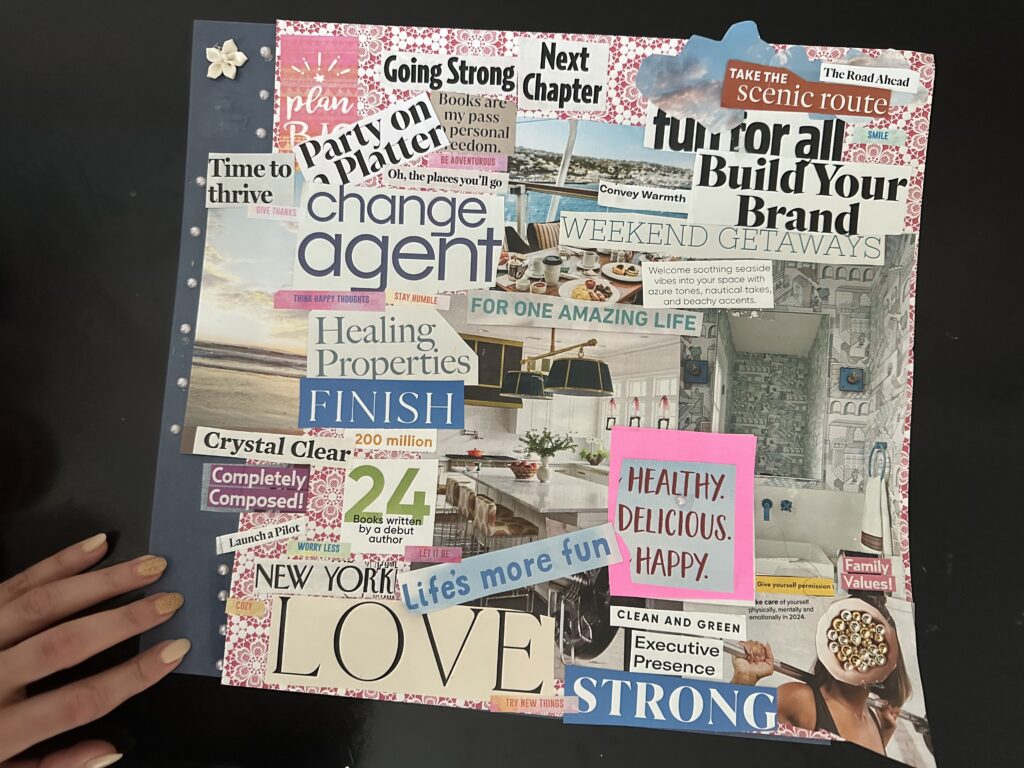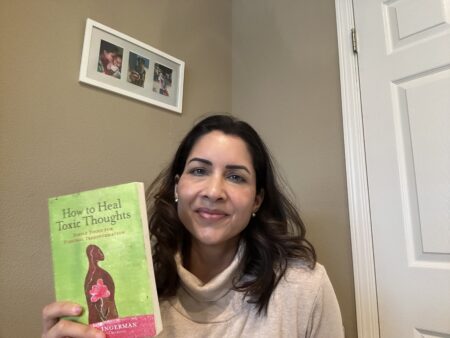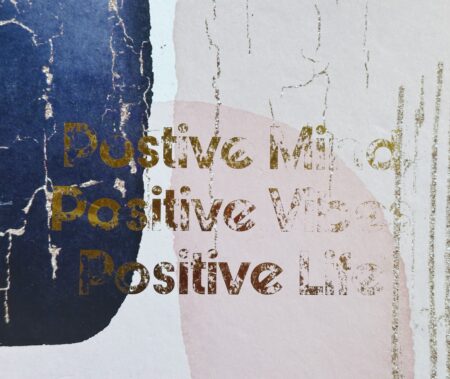In a self assessment exercise measuring the progress of her life, Shibani had an epiphany. “I’m measuring my life against an old story.” When is it time to ditch the ideas of the past and write yourself a new future?
In my new work at Stanford GSB, I have been doing more executive coaching work – which was a big draw. I feel energized and challenged by the chance to help others. In my work, I’m provided opportunities for gaining skills through formal coaching training. What I thought would be a routine training workshop ended up being an eye opening experience about my life. Here’s how:
Wheel of life assessment
On day one of our coaching training, we were asked to complete the wheel of life assessment for ourselves. This is something we would do with our clients. This exercise rates different 8 aspects of life, the ones mainly driving satisfaction and well-being. Then, we entered into coaching sessions with a partner.
My partner, of around the same age as me, allowed me to coach him first. He went over his ratings. “Everything is pretty good right now. I give everything a 7-rating or higher,” he began. This was very different than my ratings, something I would bring up with him when it was my turn. I coached him through areas he wanted to explore. We discussed ways he could bolster scores in key areas and in the remaining minutes came up with a plan for next steps.
Then, it was my turn.
“Well, I know I am not supposed to compare, but I am. My scores are very different than yours.”
I went around the wheel and shared ratings of every area of my life. For example, I shared:
“Well, my fun and recreation are at a 4. In New York, my social calendar was booked out for weeks with Fashion Week parties and work cocktail parties. Now, it looks different. I have alot of friends around the country. I do dinners once or twice a week. It is just more quiet, that’s all.”
“For health, all is fine but being in my late 40s, my weight isn’t what is once was and my hormones are all over the place, so I give it a 4.”
“For family, it is hard being a single parent, and I’m still working through my divorce.” Then came my lower score.
On and on I went, with mediocre scoring of my life. I felt depressed and ashamed sharing this aloud, especially to someone who seemed so content.
My coach’s first question was: “how does this make you feel?”
“Depressed. Sad. Actually angry,” I shared.
“Why?” He followed.
“Because this is actually not true. My life is not mediocre or this bad. My life is extraordinary, but it isn’t showing up here.”
“Tell me more,” he said.
“Well, I am noticing that my ranking system is based on this old version of myself: the Fox Business anchor who was 10 years younger, thinner and living in NYC with her husband and kids. This isn’t me anymore. But, I am measuring myself against this pinnacle version of myself. I wasn’t even all that happy then. I’m much happier now.”
“What else,” he prompted.
I began to share, “I see that the only way I can rate myself a 10 is by hitting it out of the park. I have to have to be at a peak in order to be happiest. Like for career, if I am not on national TV, at a certain salary level or title, then I’m failing. Same with my health. If I’m not at my college weight then I dock myself. If I’m not in intact marriage, then my score gets knocked on family.
I see that for every aspect of my life that when I’m not perfect, hitting home runs, living aspects of my previous or younger life, then I’m gauging my life as less successful and happy. But in many cases, that’s not even what I want or is it possible. My social life is busier than it has been in years, and it is perfect exactly where it is. A more hectic career wouldn’t serve my children or wellbeing right now. ”
“I don’t want what I used to have.”
I paused. I took a deep breath.
I followed with:
“This is the old version of me. It is time to let her go.”
We sat in the heaviness of that mourning for many moments.
When I was ready to speak, my coach invited me to explore what my new stories could look like – around health, family, career and fun. We practiced gratitude to recognize and bring to the forefront all that I have, not just what isn’t.
That began the work.
Since then, I have been journaling, daydreaming and drafting a new story for my life with new goals, standards and missions. Companies need to iterate and recalibrate targets, why aren’t we doing this as humans? I have been speaking through prayer, thoughts and affirmation all that I am grateful to have. I am rewriting my brain to see what IS, instead of what isn’t. I am also creating new goals for myself, based on where I am now and what makes me happy now and where I am going from this moment.

My 2024 vision board, Imagining a new story
Writing our new stories
Instead of starting with that version of my story that was likely birthed at age 10 with a happily-ever-after marriage, TV career and NYC life with 3 kids as the main plot, I am inviting myself to write a new story. It starts from today, this 40-something aged person I am now who knows more of what she wants and has much of what she needs. Yet, I am not done.
Rewriting your story, some questions to ponder:
- Define what a good life lived is now
- When do you feel happy? Name 5 activities that spark joy.
- What or who can you not leave this earth without doing, seeing, meeting?
- Name 10 things you are grateful for.
- Who needs to be in your life for it to be meaningful and complete?
- What are you here on earth for?
- What is your purpose? How will you fulfill it?
- What does success look like to you now?
- When do you feel free?
- How much money do you need to feel safe, free?
- What is holding you back and how can you resolve it?
- How can you love yourself more?
- On your last day of life, what will matter to you that you completed?



